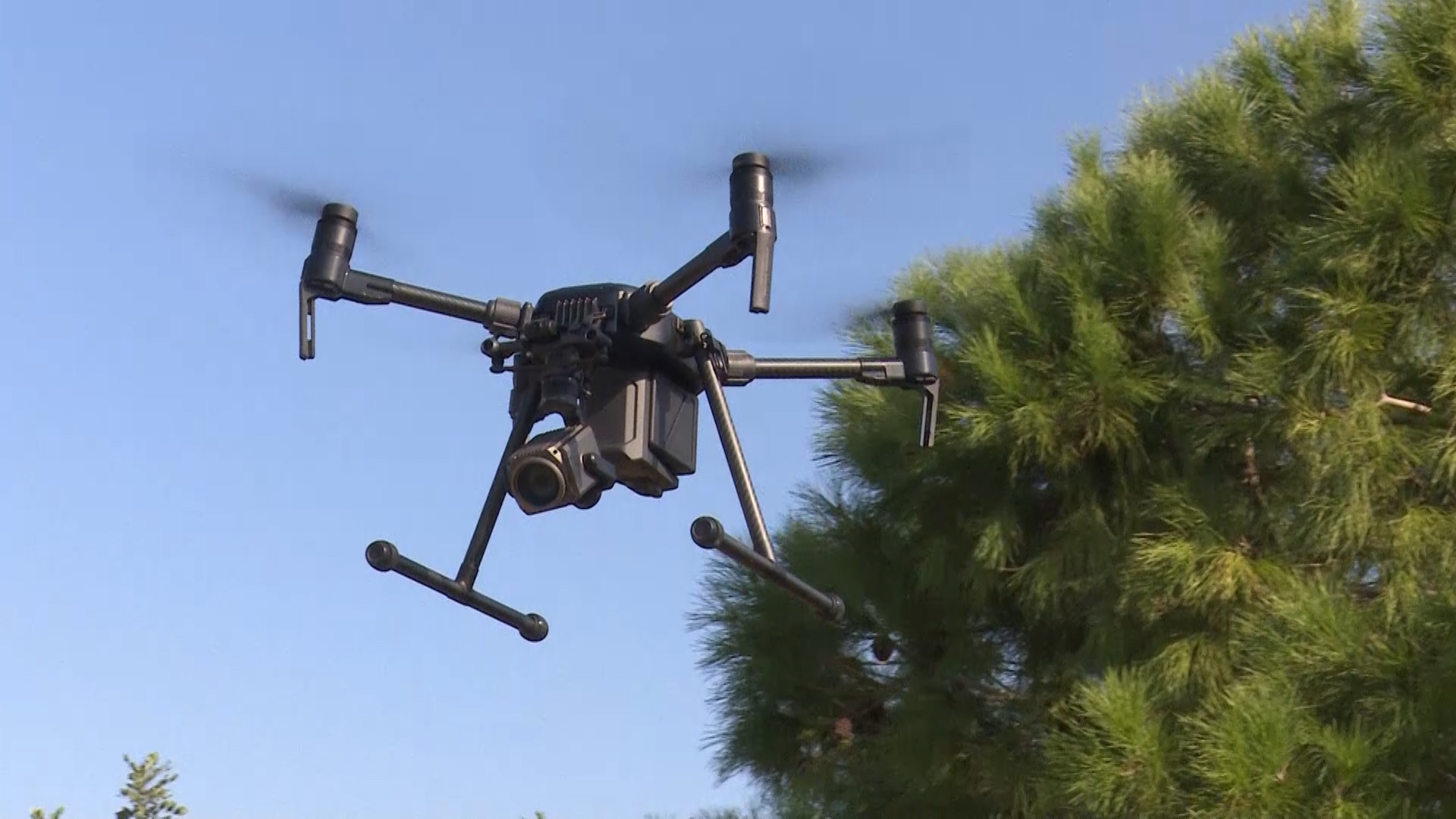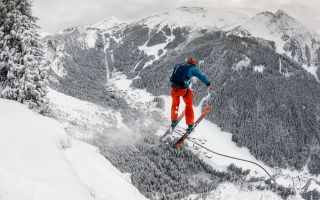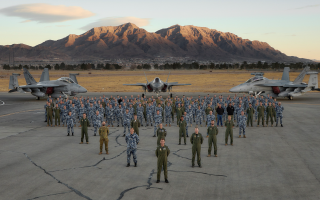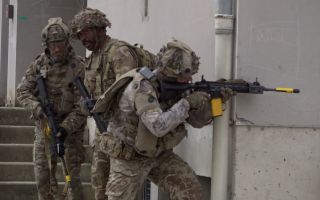
Songbirds Illegally Killed In UK Base Falls By 70%

The number of songbirds illegally killed and supplied to restaurants from a UK military base in Cyprus has fallen by 70%, say the RSPB.
Last year it was estimated that 880,000 songbirds were trapped and killed to provide restaurants with the main ingredient for a local delicacy called 'ambelopoulia' - a plate of cooked songbirds.
In the British territory last autumn, more than 260,000 birds such as black caps and robins were killed - a 70% decrease on the previous year's estimate.
"The reduction in the numbers of birds being illegally killed is a direct result of on-the-ground work by RSPB and Sovereign Base Area staff"
The RSPB say that illegal activity is being driven by organised criminal gangs who make millions from selling the birds via the black market.
The recent fall in songbird killings comes after RSPB Investigations and the Sovereign Base Area Police set up new surveillance methods such as filming to catch trappers, in addition to increased patrols and heavier sentences for those caught.
Martin Harper, RSPB conservation director, said:
"The reduction in the numbers of birds being illegally killed is a direct result of on-the-ground work by RSPB and Sovereign Base Area staff.
"The enforcement and the severity of sentences is also adding to the risks that would-be trappers take.
"We now need to finish removing the remaining non-native acacia bushes to make sure that there are no longer places where trappers can hide their nets"
In 2016, 19 trappers were filmed on seven sites. They were all prosecuted with fines of up to 6,600 euro and a number were given suspended jail sentences. More cases are ongoing from 2017.
Despite a decrease in killings, the RSPB are calling on the UK Government to ensure the removal of non-native acacia trees from Australia, which are planted to lure the birds.
Birds are trapped with fine "mist" nets, suspended between acacia bushes, with speakers playing bird calls to attract them.
Mr Harper added:
"We now need to finish removing the remaining non-native acacia bushes to make sure that there are no longer places where trappers can hide their nets. This is the long-term solution needed for these migrant birds.
Mr Harper also thanked the Sovereign Base Area authorities for taking extra measures including exclusion orders, vehicle impoundments and removing illegal irrigation pipes used to boost the growth of the acacia trees.

Martin Hellicar, director of BirdLife Cyprus, said:
"Now is the time to re-double efforts and make sure we see a permanent end to large-scale trapping and the massive impact it has on our migrant birds.
"Increased and consistent enforcement action must be taken against law-breaking restaurants."









